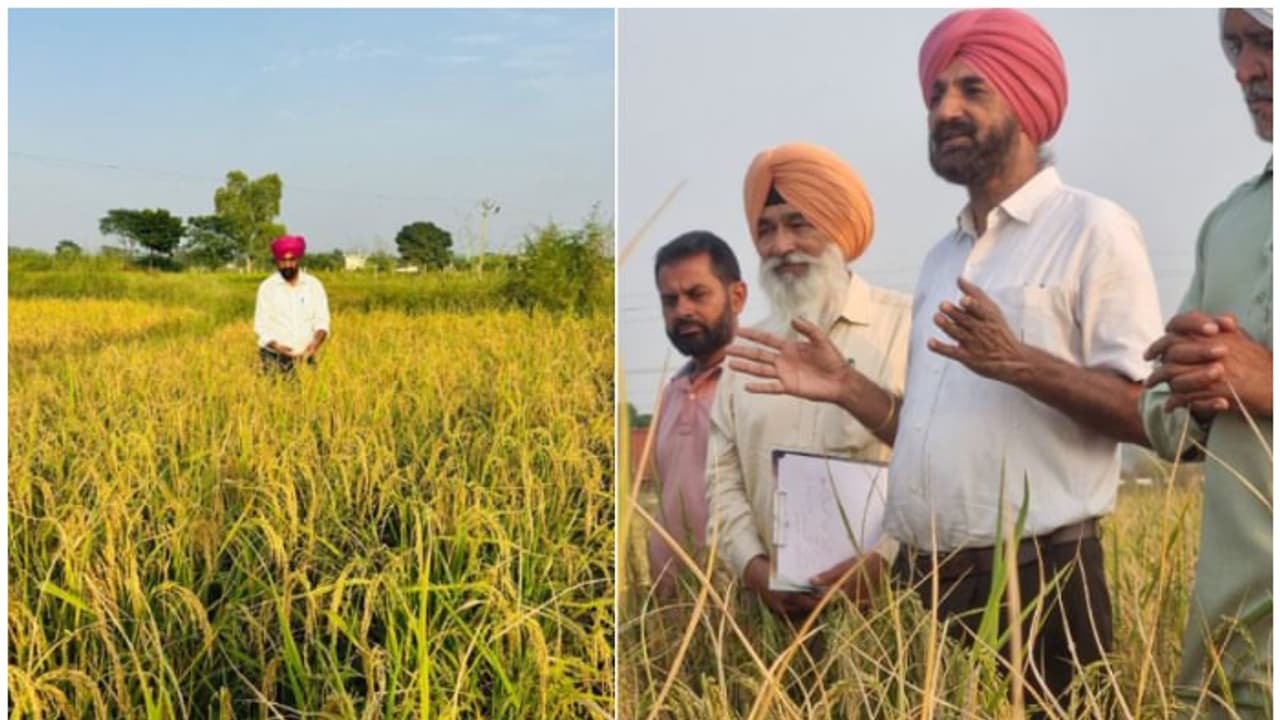A retired IAS officer’s sustainable farming method is turning heads in Punjab’s agriculture circles, and it might just be the breakthrough the state needs.
Born and raised in the heart of Punjab’s agricultural landscape, Kahan Singh Pannu, a 1996-batch IAS officer, has long understood the importance of water to farming communities. After retiring in 2020 as Punjab’s Secretary of Agriculture, he turned his attention to tackling one of the region’s most pressing issues: groundwater depletion.
Punjab’s Groundwater Crisis
Often called the breadbasket of India, Punjab is now facing a silent but growing threat. According to the Central Groundwater Board, the state’s groundwater levels could fall below 1,000 feet by 2039 if current extraction continues. With 97% of groundwater used for irrigation, mostly for water-guzzling paddy cultivation, the crisis is urgent.
“Paddy isn’t even native to Punjab, yet it dominates our fields. The overuse of groundwater has reached unsustainable levels,”
says Kahan Singh, who saw firsthand the effects of groundwater depletion in his own village, Jai Nagar.
A Game-Changing Solution: SRB Technique
Determined to find a sustainable solution, Singh used his agricultural knowledge to create the SRB technique, Seeding of Rice on Beds. This method reduces water usage in paddy farming by up to 75%. Traditionally, rice requires flooded fields, using as much as 4,000 litres of water per kilogram of rice. In contrast, SRB uses only 25% of that water.
The method involves a custom-built machine that simultaneously prepares raised beds and plants paddy seeds. Water is applied only in the furrows between the beds, allowing moisture to reach the roots without flooding the entire field.
“We don’t submerge the field anymore. Water goes only where it’s needed — in the furrows. That’s where the magic happens,” Singh explains.
Tackling the Weed Problem
One of the biggest challenges of SRB was weed control. In conventional methods, flooding suppresses weed growth. To overcome this without water, Singh uses herbicide-tolerant seeds developed by the Indian Agricultural Research Institute. These seeds allow targeted weed management without harming the crop.
The results speak for themselves. Singh’s own trial harvested 28 quintals per acre, matching yields from traditional methods, but with far less water and lower input costs.
Farmers Join the Movement
Farmers like Jaswinder Singh from Hoshiarpur are already seeing the benefits. “I saved Rs 8,000 per acre on irrigation and labour. I only watered my field four times instead of 20, and the yield was the same,” he shares.
Encouraged by this success, Jaswinder plans to expand SRB to more land next season. Other farmers in nearby districts are also showing interest.
A Vision for Sustainable Farming
For Kahan Singh, this is more than a farming innovation; it’s a mission to revive Punjab’s agriculture.
“I want to build a mindset of conservation among farmers. Our land can stay productive, but only if we act now,” he says.
